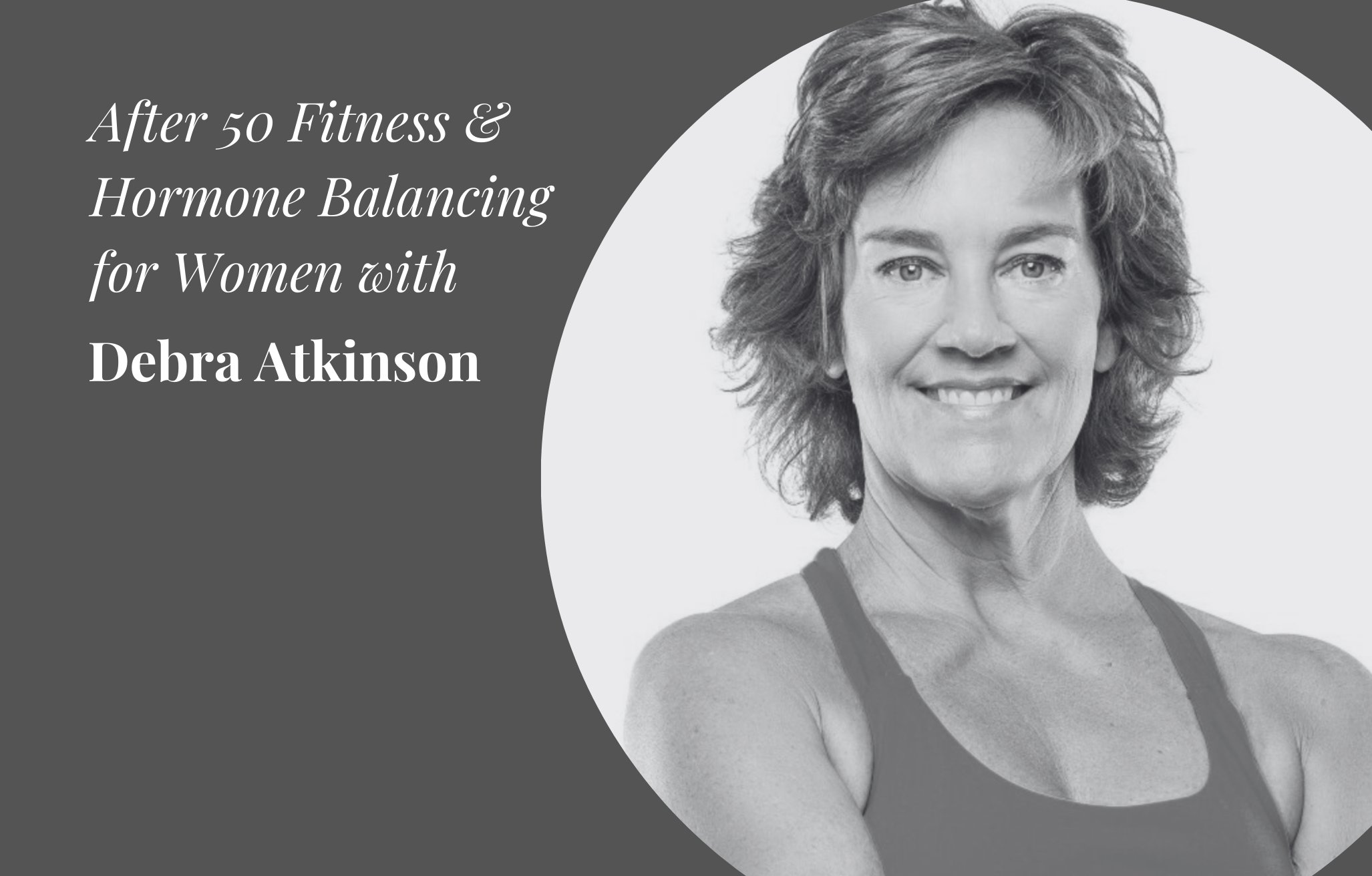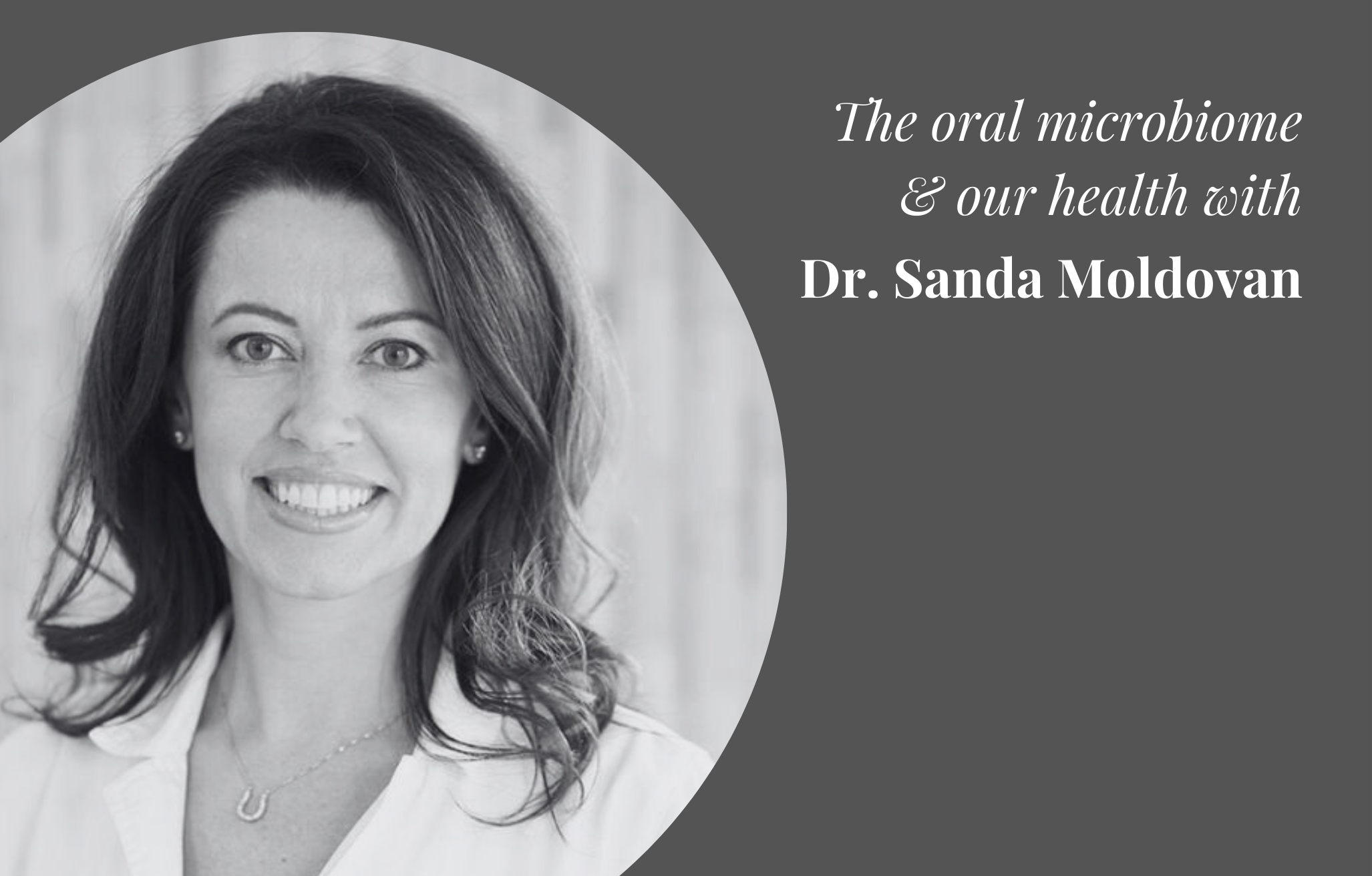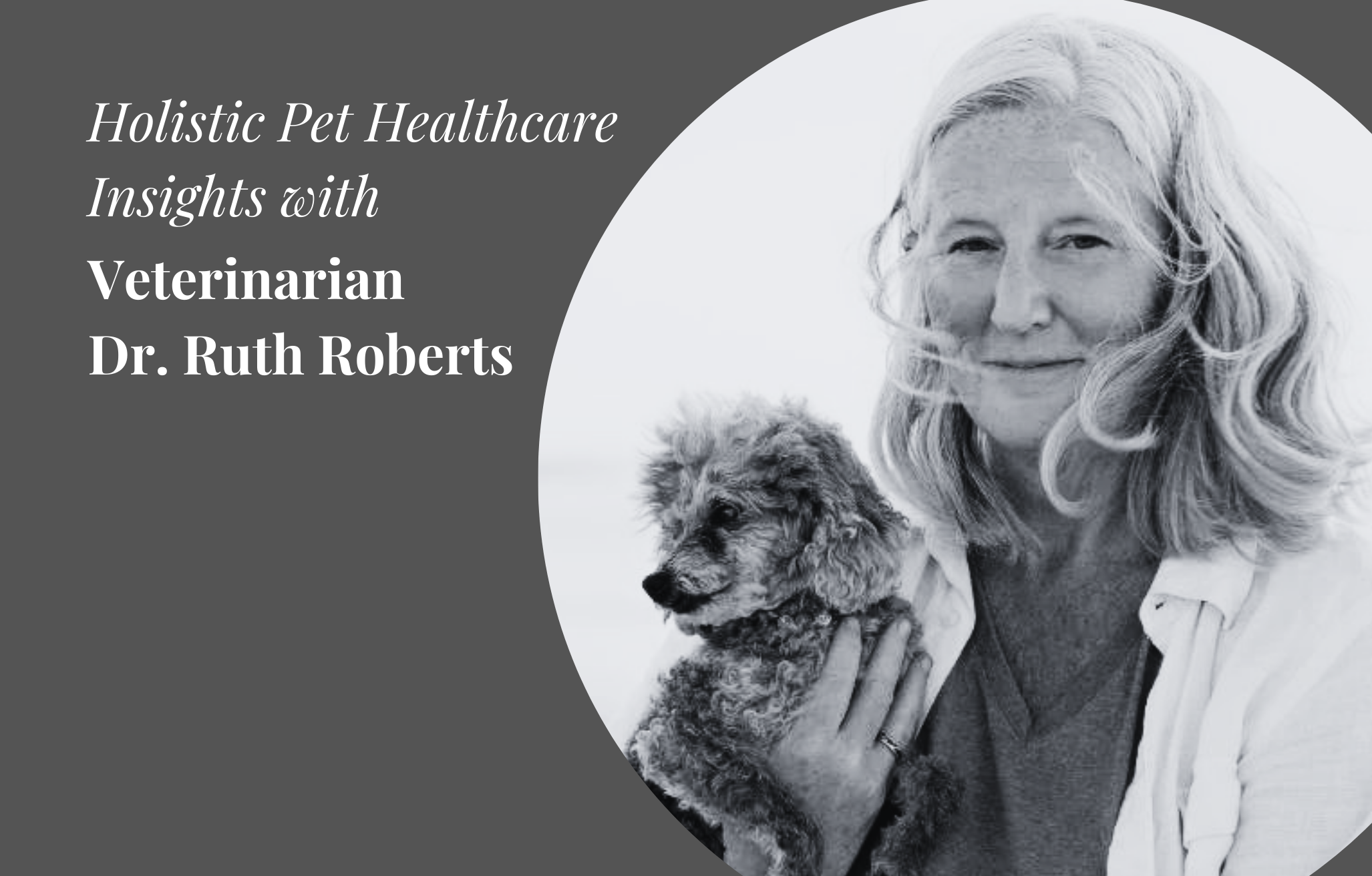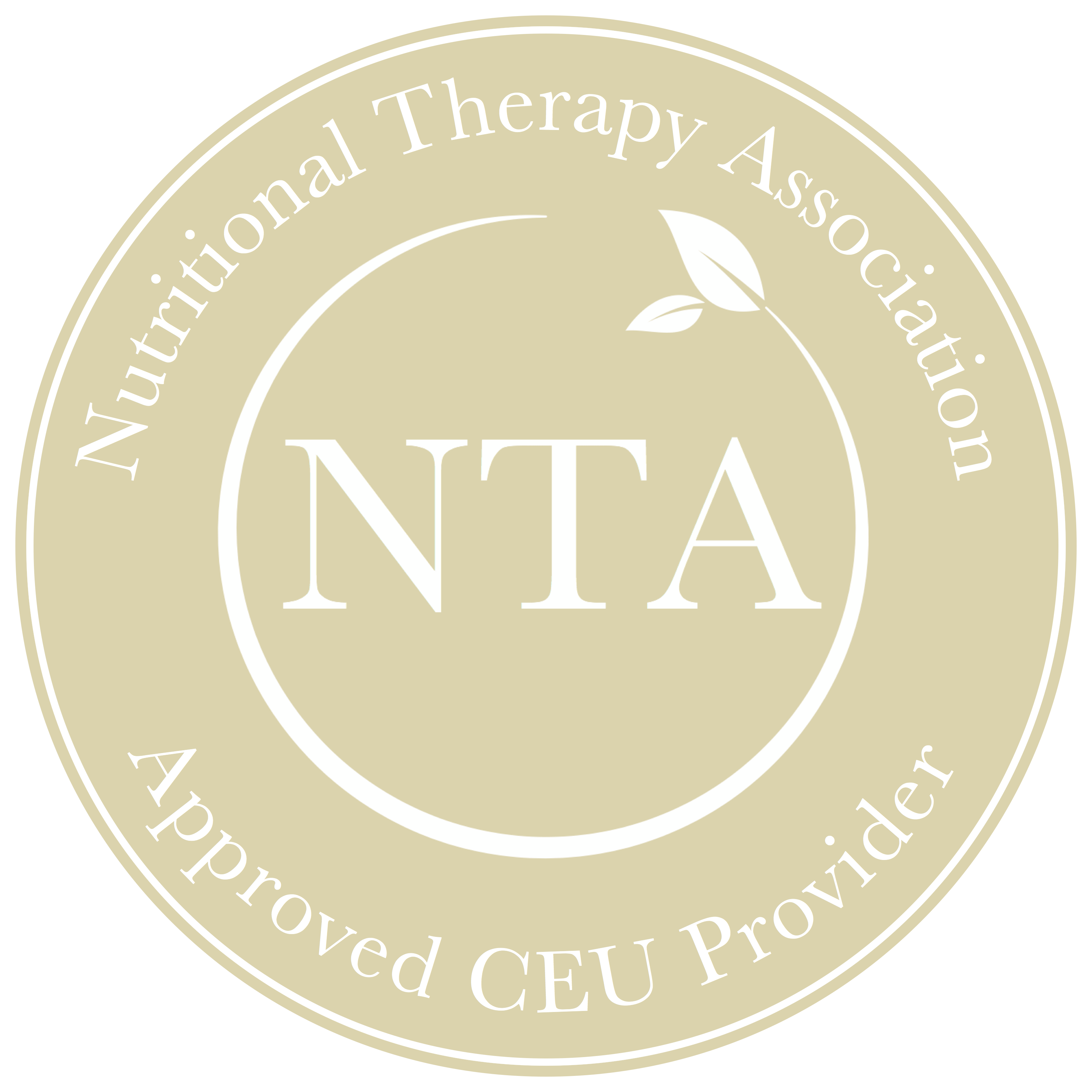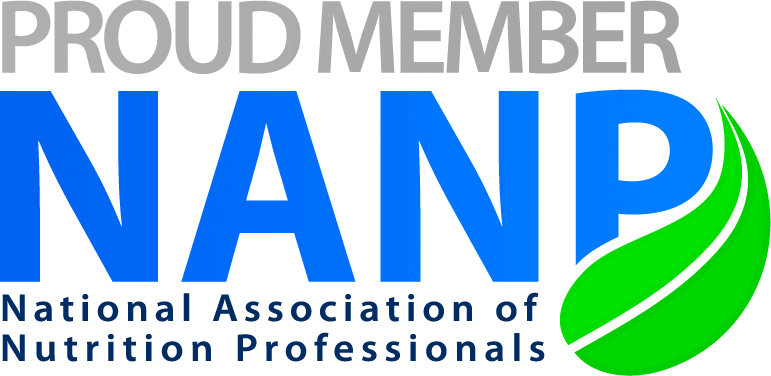As we continue to navigate life with the novel coronavirus and all its implications, we are being called to rethink our entire world. What does this mean for us as health practitioners? How can we help redefine the meaning of health? And what is our role moving forward?
A key discovery with COVID-19 is that children are far less likely to get sick and there have been very few pediatric deaths from it. It’s also widely known that the virus is most virulent in elderly populations, who are much more prone to get severely ill from the virus and die.
Why is that? It has to do with loss of resilience.
All animals, including humans, lose organ reserve as they age. Organ reserve is defined by the ability of the organ to recover after being stressed. All vital organs begin to lose some function as one ages, but the age at which this occurs is highly individualized. A study done (1) on identical twins found that at age 3, the twins’ biochemical metrics were exactly the same. However, when these same twins were evaluated again at age 50, there was a vast difference. One was still healthy, vital, and had robust resilience. The other had not eaten well over the years, didn’t exercise, and experienced enormous stress. As a result, this twin’s biomarkers showed advanced aging, oxidative stress, poor glucose regulation, and excessive inflammation.
This study shows us there is more at play here than genetics. The real game-changer in terms of maintaining organ reserve is epigenetics: how we eat, how we move, think, sleep, and the degree of toxicity we are exposed to. When we eat processed foods, don’t exercise, allow stress to negatively affect us, and don’t pay attention to toxin exposure, it leads to “inflam-aging”, a term coined by Dr. Jeff Bland. Inflam-aging is inflammation that ages us, reduces organ reserve, and causes massive oxidative stress.
Here’s another scenario. Let’s say we run a blood panel on two individuals: one is 70 years old and has eaten a primarily whole food diet, watches her weight, and exercises 4 times a week. The other is 50 years old, eats poorly, smokes, and is sedentary. It’s highly probable that the 70 year old has far better organ reserve than the 50 year old. We simply can’t make health predictions, good or bad, based on chronological age. How we live and eat over time is what moves the needle in either direction.
Today, the conversation really needs to be about resilience. All human disease involves the immune system and the coronavirus is sharply illustrating that we can’t fool Mother Nature. We can’t bypass a proper diet. We can’t put off starting that exercise program. We can’t keep burning the candle at both ends and think we’ll be fine. This pandemic is a global reckoning.
The good news is that we have the tools to truly help people and, finally, they’re starting to listen. It’s about knowing the right biomarkers of true health and not focusing on disease. It’s about measuring adaptive capacity and systemic flexibility.
Research shows that 77% of those hardest hit with COVID-19 are overweight, 30% are obese. 40% of those who get COVID have hypertension, 40% have diabetes, and 50% have chronic neuromuscular issues. Like an already tightly stretched rubber band, these compromised individuals lack adequate flexibility, and are at higher risk for infection. Along comes a big stressor like this virus and it takes them down.
It’s time to get this message out to the world. There are no shortcuts. Self-care is vital. People need us to teach and guide them to resilience, metabolic flexibility, and halt the inflam-aging process. With the right knowledge, tools, and testing metrics, we can have a profound effect on our community and our world. Are you equipped?
The Restorative Wellness Solutions Level One Mastering the Art and Science of Gastrointestinal Healing starts September 1st and registration opens mid-August. We invite you to join us.
1. https://www.the-scientist.com/research-round-up/how-epigenetics-affects-twins-48565

